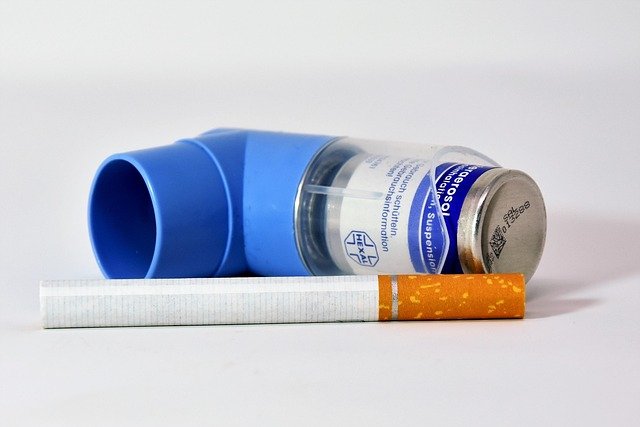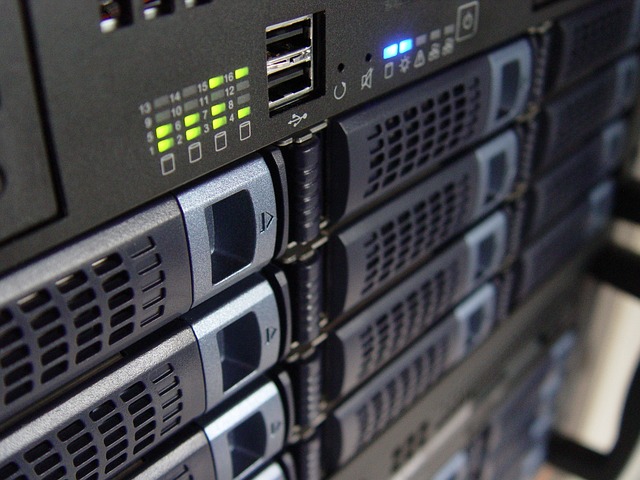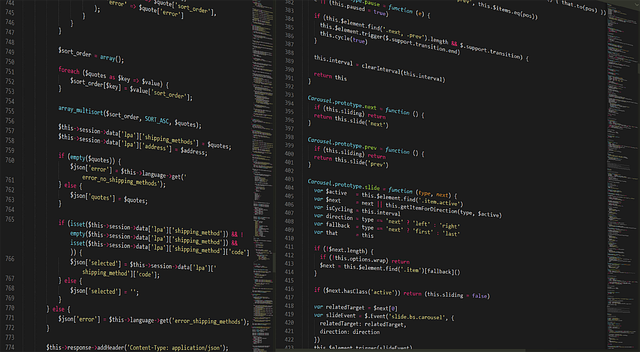Emphysema Treatment: Understanding Your Options for Better Breathing
Emphysema is a chronic lung condition that can significantly impact a person's quality of life. As the disease progresses, it becomes increasingly difficult to breathe, leading to fatigue, shortness of breath, and other complications. While there is no cure for emphysema, various treatment options can help manage symptoms and improve lung function. This article explores the available emphysema treatments, their effectiveness, and what patients can expect during the treatment process.

How does smoking cessation impact emphysema treatment?
Quitting smoking is the most crucial step in treating emphysema. Smoking is the leading cause of emphysema, and continuing to smoke accelerates lung damage and reduces the effectiveness of other treatments. Healthcare professionals often provide resources and support to help patients quit smoking, including nicotine replacement therapy, prescription medications, and counseling. Studies have shown that smoking cessation can significantly slow the progression of emphysema and improve lung function over time.
What medications are commonly used to treat emphysema?
Several types of medications are used to manage emphysema symptoms and improve lung function:
-
Bronchodilators: These medications help relax and open the airways, making breathing easier. Short-acting bronchodilators provide quick relief, while long-acting ones offer sustained symptom control.
-
Inhaled corticosteroids: These anti-inflammatory drugs reduce swelling in the airways, which can help prevent exacerbations and improve lung function.
-
Combination inhalers: Some inhalers combine bronchodilators and corticosteroids for more comprehensive treatment.
-
Antibiotics: These may be prescribed to treat respiratory infections, which can worsen emphysema symptoms.
-
Mucolytics: These medications help thin and loosen mucus, making it easier to clear the airways.
Healthcare providers carefully consider the patient’s specific needs and potential side effects when prescribing medications for emphysema treatment.
Are there non-medicinal therapies for managing emphysema?
In addition to medications, several non-medicinal therapies can help manage emphysema:
-
Pulmonary rehabilitation: This comprehensive program combines exercise, education, and support to improve lung function and overall health. It typically includes breathing exercises, physical conditioning, and nutritional counseling.
-
Oxygen therapy: Supplemental oxygen can help patients with severe emphysema maintain adequate oxygen levels in their blood, reducing shortness of breath and improving overall function.
-
Lifestyle modifications: Patients are often advised to avoid air pollutants, maintain a healthy diet, and engage in regular, moderate exercise to support lung health.
-
Breathing techniques: Specialized breathing exercises, such as pursed-lip breathing and diaphragmatic breathing, can help patients manage breathlessness and improve lung efficiency.
These non-medicinal approaches are often used in conjunction with medications to provide a comprehensive treatment plan for emphysema patients.
What surgical options are available for severe emphysema cases?
For patients with severe emphysema who do not respond adequately to conservative treatments, surgical interventions may be considered:
-
Lung volume reduction surgery (LVRS): This procedure involves removing damaged portions of the lung to allow healthier lung tissue to function more efficiently.
-
Bullectomy: This surgery removes large air spaces (bullae) that form in the lungs due to emphysema, improving breathing capacity.
-
Lung transplantation: In extreme cases, a lung transplant may be recommended for patients with end-stage emphysema who meet specific criteria.
-
Bronchoscopic lung volume reduction: This minimally invasive procedure uses small valves or coils to reduce hyperinflation in certain areas of the lungs, improving overall lung function.
| Treatment Option | Provider | Key Features/Benefits |
|---|---|---|
| Pulmonary Rehabilitation | Local hospitals or specialized clinics | Comprehensive program including exercise, education, and support |
| Oxygen Therapy | Home healthcare companies | Portable or stationary oxygen systems for improved oxygenation |
| Lung Volume Reduction Surgery | Specialized thoracic surgery centers | Surgical removal of damaged lung tissue to improve function |
| Bronchoscopic Lung Volume Reduction | Interventional pulmonology centers | Minimally invasive procedure using valves or coils to reduce lung hyperinflation |
Emphysema treatment is a multifaceted approach that combines various strategies to manage symptoms and improve quality of life. From smoking cessation and medication management to pulmonary rehabilitation and surgical interventions, healthcare providers work closely with patients to develop personalized treatment plans. While emphysema cannot be cured, advancements in medical care continue to offer new hope and improved outcomes for those living with this chronic lung condition. Patients are encouraged to maintain regular communication with their healthcare team to ensure their treatment plan remains effective and adapts to their changing needs over time.
This article is for informational purposes only and should not be considered medical advice. Please consult a qualified healthcare professional for personalized guidance and treatment.




